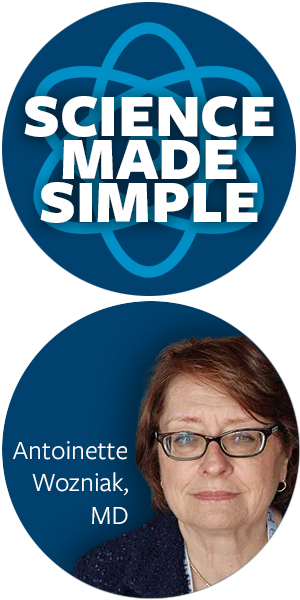
The good news
The FDA recently granted approval to tepotinib for the treatment of advanced non-small cell lung cancer (NSCLC) with MET exon 14 skipping alterations.
Why it’s important
MET alterations occur in 3-4% of patients with NSCLC, and those alterations are responsible for driving the development of the cancer. Patients who have MET exon 14 skipping alterations are typically older individuals at 70 years or greater. The Vision trial was a Phase 2 study that evaluated tepotinib in different groups of patients. In those with exon 14 skipping alterations who were not previously treated, 57% had at least a 50% shrinkage of their cancer, and the control of the disease lasted for a median of 46 months. For patients who had previously received treatment, the response rate was 45%, and in many the cancer control lasted for more than 12 months (JAMA Oncology, Volume 9, pages 1260-66, 2023). The drug was also beneficial for patients with brain metastases. The treatment was well tolerated with leg swelling as the most common side effect.
What it means for patients
Tepotinib represents an effective oral treatment for patients with advanced MET exon 14 mutated NSCLC. This is particularly important since these patients tend to be older individuals. Prior to this advancement, chemotherapy had been the standard treatment. This also emphasizes the value of doing biomarker testing to evaluate newly diagnosed lung cancer patients for abnormalities such as MET exon 14 skipping mutations so that the appropriate treatment can be prescribed. It is interesting to note that the Vision trial also allowed the use of liquid biopsy (blood sample) to detect the MET alteration.
What to watch for
Research continues to be done involving tepotinib as well as other novel MET inhibitors. It is important to note that these agents are being tested in other MET abnormalities in addition to the MET exon 14 skipping alterations. There is always room for improvement for these patients to extend their survival.
Read about LCRF grantees who currently are working on MET-related projects:
- Amanda Bradley, PhD, Fred Hutchinson Cancer Center
- Xiuning Le, MD, PhD, University of Texas M.D. Anderson Cancer Center
- Emiliano Cocco, PhD, University of Miami – Dr. Cocco’s team is collaborating with Dr. Alexander Drilon’s clinical trial at Memorial Sloan Kettering Cancer Center. Dr. Drilon is a member of LCRF’s Scientific Advisory Board.
